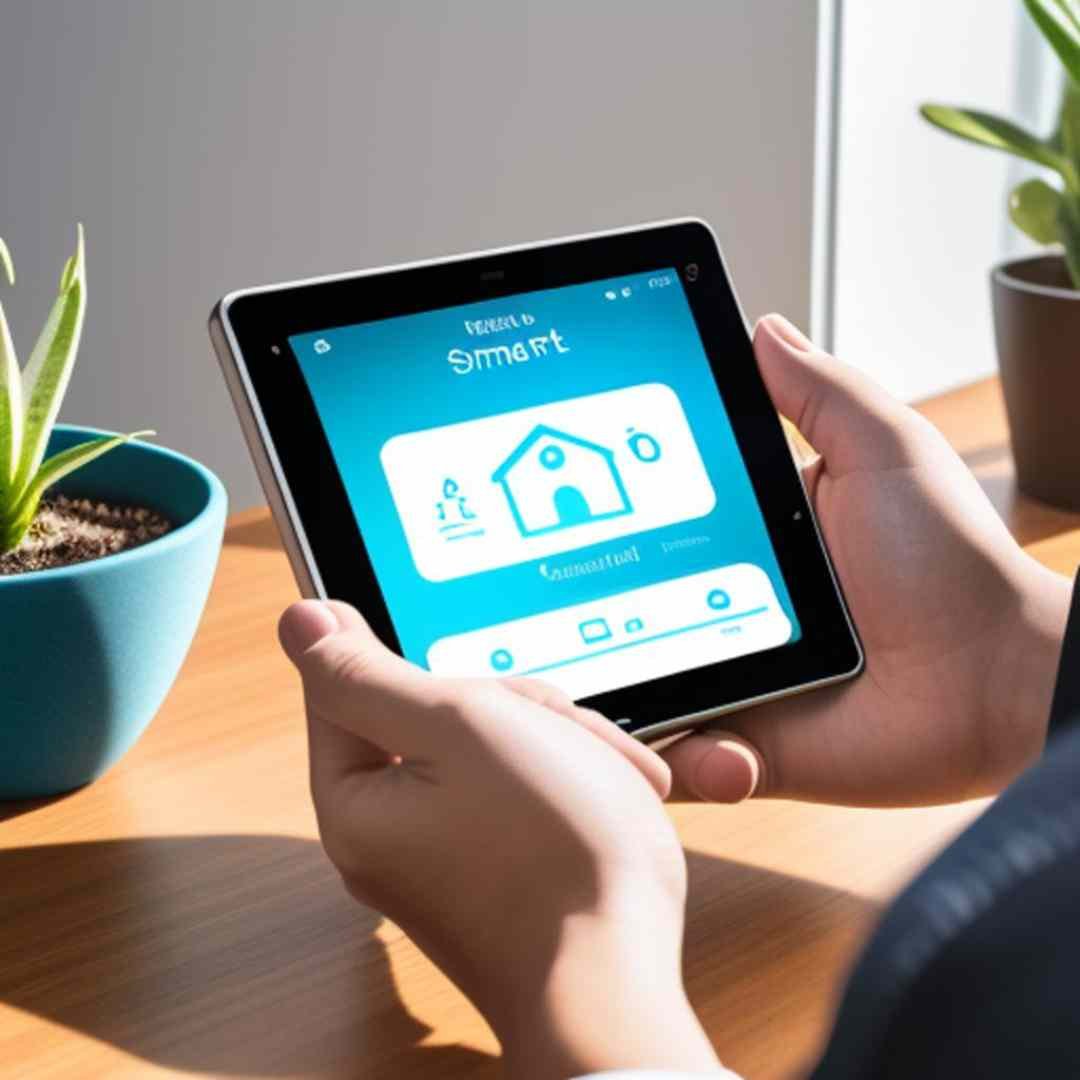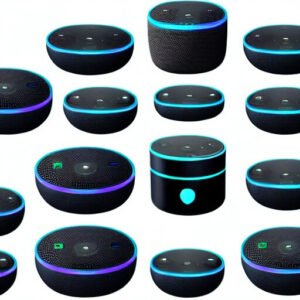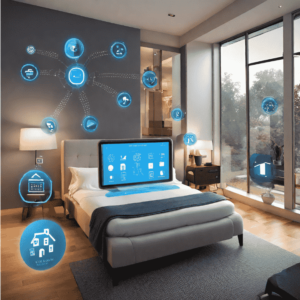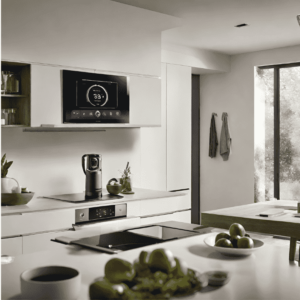Introduction:
Smart home technology has revolutionized the way we interact with our living spaces, offering a plethora of features that enhance convenience, security, and energy efficiency. This exploration delves into the key features of smart home technology and their transformative impact on modern living.
1. Remote Access and Control:
One of the standout features of smart home technology is the ability to remotely access and control various devices and systems. Whether it’s adjusting the thermostat, turning off lights, or monitoring security cameras, users can manage their homes from anywhere using smartphones or voice commands.
2. Automated Lighting and Climate Control:
Smart home technology offers automated lighting and climate control features that optimize energy usage and enhance comfort. Motion sensors, timers, and programmable schedules allow users to customize lighting and temperature settings based on occupancy patterns and preferences.
3. Enhanced Security and Surveillance:
Security is a top priority for homeowners, and smart home technology delivers with advanced security and surveillance features. From smart doorbells and cameras to motion sensors and smart locks, users can monitor their homes in real-time and receive instant alerts in case of suspicious activity.
4. Integration and Interoperability:
One of the strengths of smart home technology lies in its ability to integrate and interoperate with a wide range of devices and platforms. Compatibility with popular smart home ecosystems like Amazon Alexa, Google Assistant, and Apple HomeKit ensures seamless communication and control across different devices and brands.
5. Energy Monitoring and Efficiency:
Smart home technology empowers users to monitor and manage energy usage more efficiently. Energy monitoring devices provide insights into electricity consumption, helping users identify energy-hungry appliances and adjust their usage to save money and reduce environmental impact.
6. Voice Control and Virtual Assistants:
Voice control and virtual assistants have become increasingly popular this technology. Users can control smart devices and execute commands using voice commands, making everyday tasks more convenient and hands-free.
7. Customization and Personalization:
Smart home technology allows for customization and personalization to suit individual preferences and lifestyles. Whether it’s creating custom lighting scenes, setting up automated routines, or adjusting settings based on user habits, smart homes adapt to the needs of their occupants.
8. Enhanced Entertainment and Connectivity:
Smart home technology enhances entertainment and connectivity within the home. From streaming music and videos to integrating with smart TVs and entertainment systems, users can enjoy seamless connectivity and access to a wide range of entertainment options.
Conclusion:
This technology are diverse and multifaceted, offering a myriad of benefits to homeowners. From convenience and security to energy efficiency and entertainment, smart home technology continues to redefine the way we live, work, and interact with our living spaces. As technology evolves, so too will the features and capabilities of smart home systems, shaping the future of modern living.








